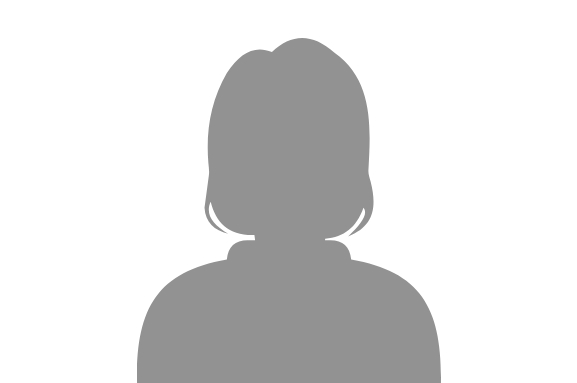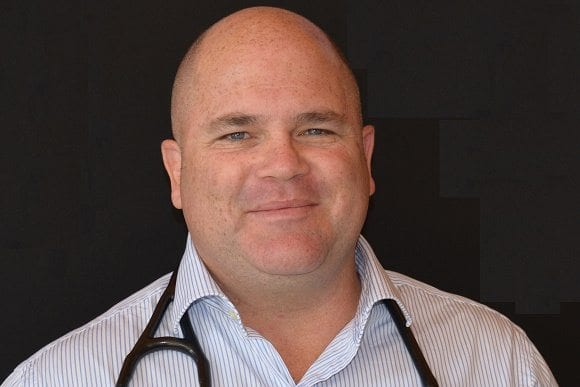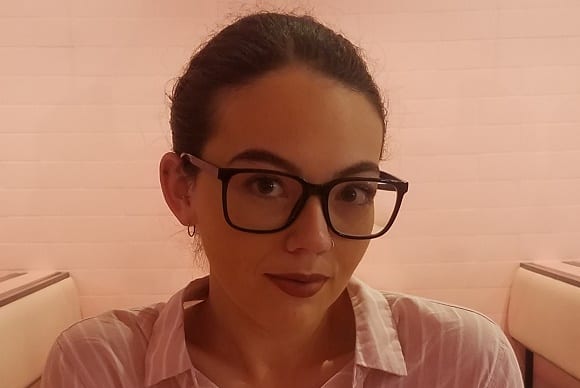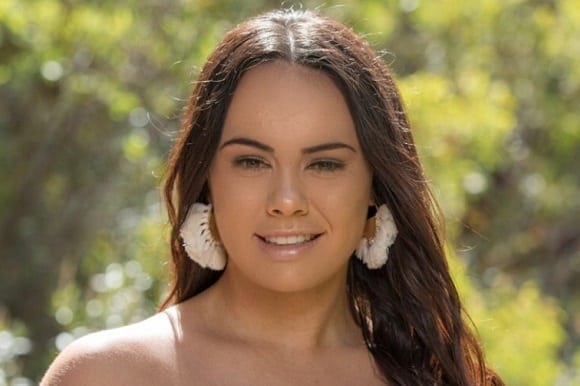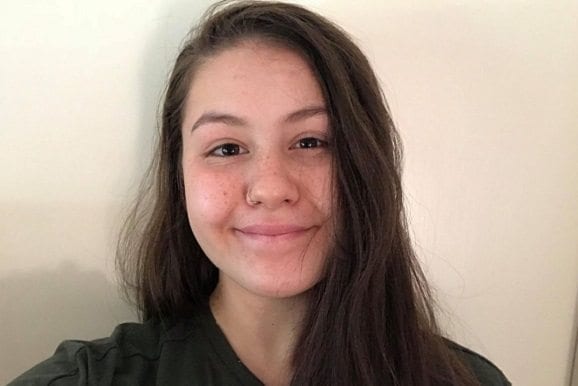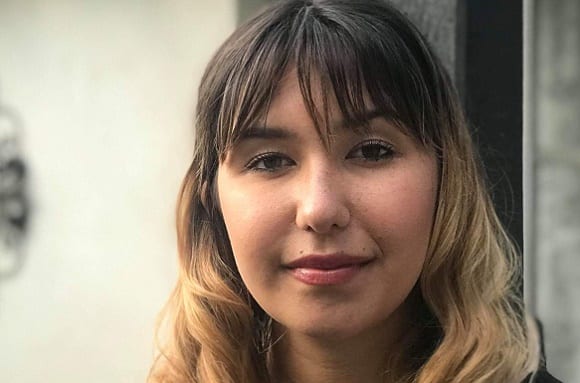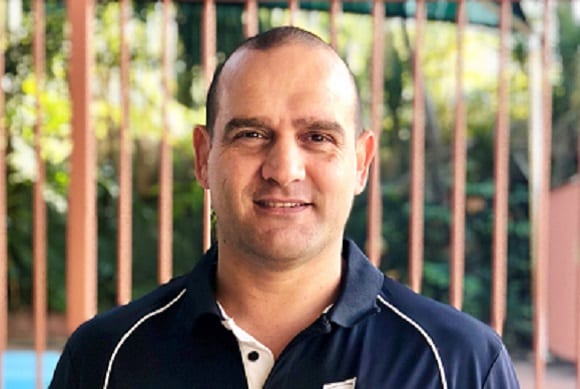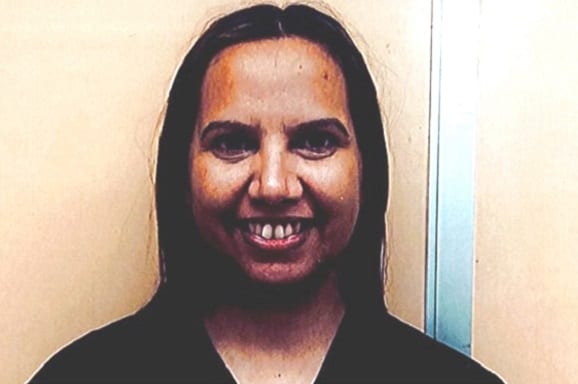I grew up in Alice Springs and in the APY Lands, where I was exposed to various social and health issues amongst my community. My passion for becoming a nurse extends from my experience and love that I previously had when growing up. Further, I had the desire to work in youth detention in the area of prevention and rehabilitation. However, based on the experience I gained through working in this area, it was not where I saw my full potential and my ability to help my community effectively. I believe that many aspects of prevention and rehabilitation of youth detention stem from their ability to live a healthy lifestyle – mental, physically and spiritually.
Read more >My name is Gary Wallace and I am a descendant from the Iman Nation mob within Queensland (Taroom, Dalby area). My desire to be a doctor commenced just before my mother passed away from multiple strokes when I was 15 years of age. After leaving Slade College boarding school in Warwick I pursued Rugby League within Australia and England. My life then took me on one big journey back to my original desire to study medicine. Over the years I have practiced as a lawyer, coached professional, lectured etc, but my heart and mind has always focused on finding out various medical answers in order to help my mob. Our mob’s statistics are very poor when concerning health issues in relation life expectancy.
As a Doctor and Lawyer I will do whatever I can on a political and medical level to improve the health and life expectancy of our mob compared to non-Aboriginal and Torres Strait Islander people.
Read more >I am a Kokatha Aboriginal man born in Port Lincoln. I lived in Ceduna on the far west coast of South Australia, up until the age of four on our Aboriginal Community Homeland, Dinah Line. I lived there with my mum, nana and some extended family. My mum began studying at the university of Adelaide when I was almost five years old and I have been on Kaurna country since.
I am aware and understand that Indigenous people have an increased risk of many health conditions. I believe that it is extremely important that there are more Indigenous health professionals within the field to aid in Closing the gap.
Read more >I am from Ashford, a small remote community in North West NSW with a high Indigenous population, where access to medical staff and resources where always very limited. The closest hospital is in the neighbouring town of Inverell 57 klms away. Growing up I always saw and experienced the struggle of the lack of medical staff and resources and was determined to better health outcomes for Indigenous people.
Now, in the third year of my nursing degree, I am thinking of potential career paths I could take. My passion is improving health outcomes within Indigenous communities and aiming to close the health inequality gap.
Read more >My passion within the health profession lies with Occupational Therapy. At birth the doctors discovered I had a dislocated hip and as a result I spent the first three months in a hip brace to secure the ball and socket joint; failure to wear the brace would have resulted in a lifelong limp. As a result of this treatment I have been fortunate enough to enjoy a lifetime of health and fitness from a very young age.
After building on my interest of Anatomy and Physiology and developing more knowledge after successfully gaining a Certificate IV in Fitness and Health while completing my SACE, I have decided to base my career around helping, supporting and inspiring others to reach their health and fitness goals.
Read more >I aspire to becoming a physiotherapist to assist in supporting the demands for health professions within today’s ageing population. Following the completion of my studies and accreditation as a physiotherapist, I aim to work within a physiotherapy clinic to gain experience in the workforce, and I intend to later establish my own physiotherapy clinic within the rural community where there is large demand but limited services.
Read more >I like that Psychology can be used across a wide range of fields and I would also have to say that coming from my family background I see it benefits in helping so many people, especially those from my community in Broome, WA.
Read more >In 2017, I was the Narragunnawalli Indigenous Captain at Merici College, my role was to enhance inclusion, recognition and education at the school for the Indigenous girls. I worked with the school executive to orgnaise for Aboriginal girls from Wadeye NT, to come to our school for a week and for girls from Merici to go to Lambardina WA for three weeks as a cultural immersion.
Read more >I have a number of goals for the next 5 – 10 years, however the first is to complete the Master of Clinical Chiropractic program in 2020. For six years prior to moving to Mackay, my family and I were living in the Kimberley region of WA. Four of those years I was police officer working in the remote Aboriginal town of Fitzroy Crossing and the remaining two years I was an automotive lecturer teaching mechanics at the Kununurra TAFE.
Read more >The strength and resilience of my community, the Yorta-Yorta nation has been a significant factor in determining the role that I would undertake on country. I grew up surrounded by strong and proud black women who shaped not only my career but also my path in life. This has reinforced the need to giving back and contributing to ensure our communities continue to build.
Read more >